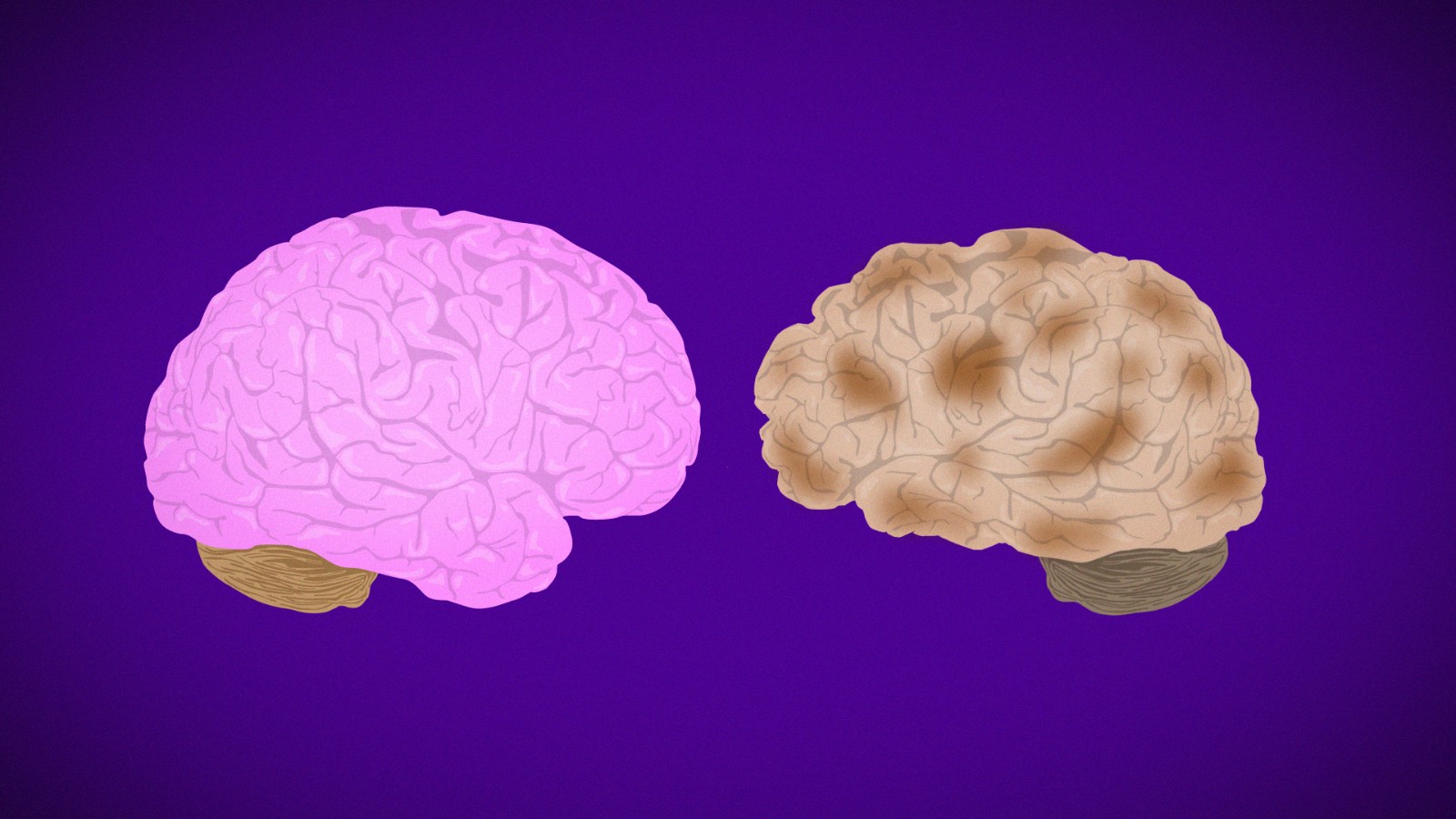25 Lessons Learned from Alzheimer’s Caregivers
We
are taught important life lessons every day, but the most memorable
seem to come from those we love the most. Caring for a loved one with
Alzheimer’s disease teaches us many great unexpected lessons – both as
caregivers and family members – that leave a lasting impression on our
lives.

We
asked the caregivers on our Facebook page what some of the most
important lessons learned from loved ones with Alzheimer’s were.
This is what they shared:
Top 25 Things I Learned from a Loved One with Alzheimer’s
1.
That you need to make time to sit with your loved one and have a cup of
tea and a conversation, even if limited. All these things become
precious memories. I would give anything to have another precious moment
with my Mom. –Marcia D.
2. Not to disagree with
them. If your 88-year-old mother says her mom is alive and she just
talked with her on the phone, agree and let it go. Try to have more
patience. Yes, they are going to ask the same questions over and over.
Expect that and roll with the punches. –Mary L.
3.
My mother used to tell me that her mother came to visit, and that they
went to the apple orchard and picked apples, and then went to get a
malt. I would just say, “That sounds wonderful. I hope you had a nice
day with your mother.” She would reply, “Oh, yes, we had a lovely day.”
Who cares that it didn’t really happen? If it made her happy, great!
–Dani P.
4. To love unconditionally, that’s what
my Mom taught me. Even though she sometimes had no clue who I was, she
never stopped loving me. It was an honor to be her daughter and
caregiver. –Laura J.
5. That the things you regret are the things you never did. –Rachelle M.
6.
That this is truly “the best of times and the worst of times.” Not a
day goes by that I don’t wish I had both of them back, whole and
healthy. Though, in my heart I know their passing was a blessing. Five
years has passed and my husband and I still miss our moms. –Elizabeth T.
7.
That it is important to stay in touch with your loved ones. Alzheimer’s
doesn’t discriminate and the length of time that people with the
disease have always varies. –Roxy L.
8. That the heart remembers long after the mind forgets. –Judy F.
9.
That it is important to enjoy life every day. Don’t worry about what
you don’t have and be sure to appreciate what you do. –Clifton P.
10. That it is important to enjoy your youth. –Kristin D.
11. That people are more important than “things.” –Carla S.
12.
That it is important to enjoy the memories, and not argue or stress,
because one day you’ll want those days back again! –Nita B.
13.
That you should not press them to remember things and that you
shouldn’t take it personally if they don’t remember you. Keep spending
time with them with plenty of hugs. –Ann E.
14. That they need you to stay with them for the long haul. –Tammie F.
15. That they still need our love and compassion and need be treated with respect. –Elizabeth S.
16.
Even though they may ask the same question numerous times, know that
it’s important to answer it like it’s the first time they are asking.
–Beverly E.
17. That you can still interact meaningfully with the part of them that is still there. –Deb R.
18.
To allow them to live in the moment. One day in their mind they may be a
child again, looking for their own mom. The next, they may be a young
parent themselves, worried about their child. Allow them that, and
answer their questions as best you can to put their mind at ease in that
moment. –Lisa F.
19. To live your life and enjoy it to the fullest every day! –Tracy Raymond
20.
That you should appreciate the good times you have with your loved one,
as they are today and every day. Love them through the confusion.
–Michelle P.
21. To always love them, laugh with them, touch them and hold their hand. –Stephany R.
22.
To think of the love, patience and the wonderful support of family…
that keeps me going for my husband with Alzheimer’s. –Nancy N.
23. Not to take what they say personally. They are sick and don’t really mean it. –Sylvia Z.
24. To help them live their life truth and create moments of joy for them. –Pamela R.
25.
“They are good people… and maybe they are just having a bad day,
honey.” These are two things from my Mama that I learned the most from.
–Toni T.
Do you have any lessons that you’ve learned from
loved ones with Alzheimer’s that we’ve missed? Add to the discussion by
sharing what lessons you’ve learned in the comments below.

























